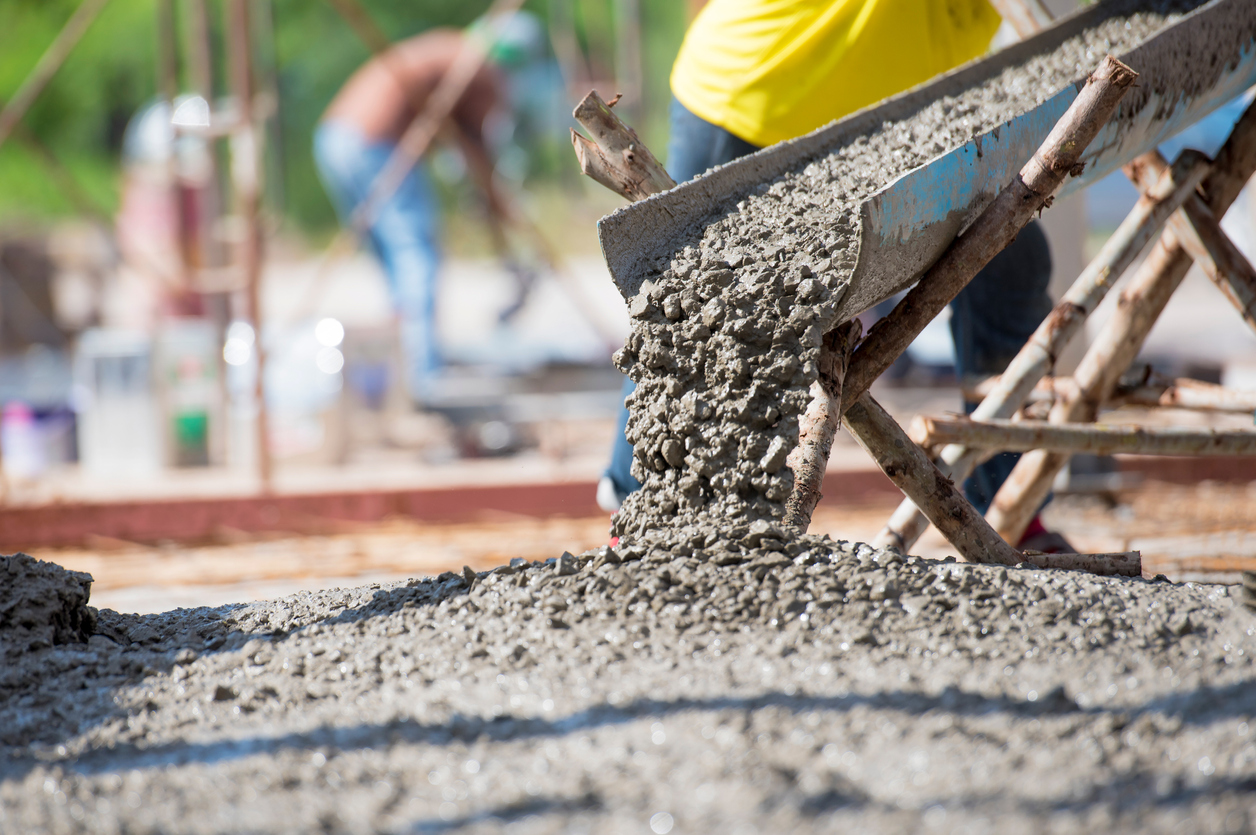We offer more than 75 crushed stone products available in a variety of colors, sizes, and gradations.

A Comparison of PennDot and NJDot Concrete Regulations
When constructing infrastructure, it is essential to understand the regulations that are specified by the Department of Transportation in each state. For example, Pennsylvania’s PennDOT and New Jersey’s NJDOT have different regulations for the concrete used in their respective states.
When it comes to construction projects, the Department of Transportation, or DOT in each state has specific standards that control the types of concrete that are allowed to be used.
In this blog post, we’ll take a look at PennDot concrete and NJDot concrete and compare the differences between them. We’ll also discuss how these regulations may affect your next project.
PennDot Concrete Mixture Requirements
In Pennsylvania, PennDot requires contractors to use concrete that is made with a mix of cement and aggregate materials. The aggregate material consists of gravel or crushed stone and sand, while cement is composed of limestone, silica, alumina, iron oxide, and gypsum.
This mixture creates a strong bond between the components when mixed with water which makes it ideal for constructing roads and bridges. PennDot also requires contractors to use air-entrained Portland cement in order to prevent freeze-thaw deterioration due to extreme temperatures. Additionally, all concrete must be batched using a certified laboratory before it can be approved for use on a project.
NJDOT Concrete Mixture Requirements
In New Jersey, NJDot requires contractors to use approved precast concrete for their projects. These precast pieces are produced in factories according to exact specifications laid out by the Department of Transportation.
Precast systems are typically used for bridge abutments or retaining walls because they create a strong bond between adjoining pieces without having to rely on mortar or grout. The precast pieces are then assembled onsite into the desired shape and structure according to NJDot regulations. Additionally, all concrete must be tested with an ASTM C42 test before it can be approved for use on a project in New Jersey.
PennDOT Concrete Regulations
Pennsylvania has strict requirements for its concrete infrastructure, setting limits on the maximum water-cementitious material ratio or w/cm, used in construction projects. All w/cm ratios must be ≤ 0.40 to ensure that the strength and durability of the structure meets high standards.
In addition, a slump test is required to measure fresh concrete consistency as specified by ASTM C143. ASTM, stands for the American Society for Testing and Materials, which is an organization that develops and publishes international standards for a range of materials, products, systems, and services including those used in construction, manufacturing and transportation.
All batches of concrete must be recorded using a certified testing laboratory with a valid PennDOT certification number. Any of the aggregates that are used in PennDOT approved concrete mixes must meet specific requirements set forth by ASTM C33, as well as by AASHTO, or the American Association of State Highway and Transportation Officials, Standard Specifications.
NJDot Concrete Regulations
In comparison to PennDOT, NJDOT has slightly different regulations for its concrete projects. In accordance with NJDOT requirements, all w/cm ratios must also be ≤ 0.40 or have an air content between 4% and 8%. The slump test is also conducted as specified by ASTM C143. However, volumetric batching is encouraged over weight batching when possible due to improved accuracy when measuring materials for larger scale projects.
Additionally, only aggregates certified within the last three years are permitted in NJDOT approved projects with certifications provided by either ASTM C33 or by AASHTO’s Standard Specifications.
Silvi Materials is an Approved Concrete Provider for Both PennDOT and NJDOT
As you can see, there are various differences between PennDOT and NJDOT concrete regulations that all construction managers must take into account before beginning any project within their respective states. To ensure that your structures meet both federal and state guidelines, it is important to consult both organizations’ websites prior to starting work on a project, so that you can avoid any costly delays or penalties during inspections down the line.
At Silvi Materials, we have been approved by both PennDOT and NJDOT as certified concrete providers. We are equipped to produce mixes that meet and exceed PennDOT and NJDOT concrete standards.
As the premier concrete supplier on the East Coast, we are proud to help companies, contractors, and homeowners bring their construction dreams to life. Call the experts at Silvi Materials today to find out how we can help you!





